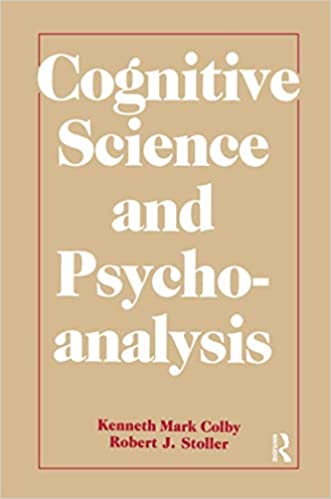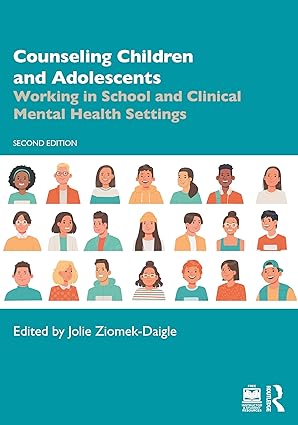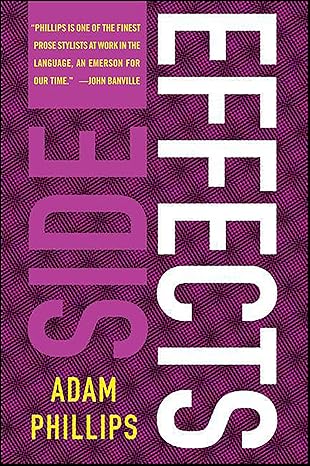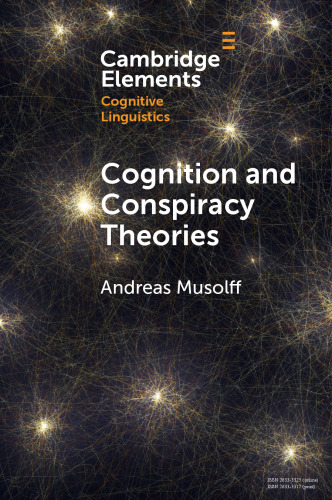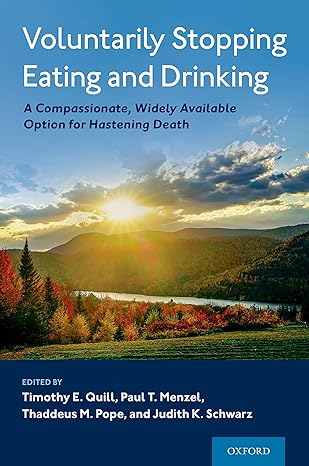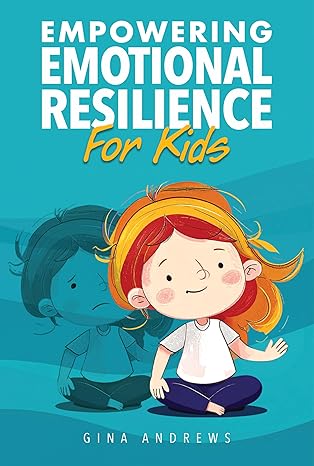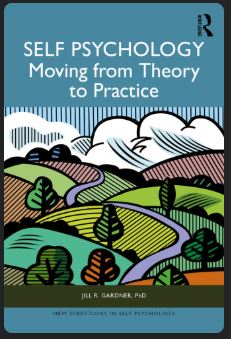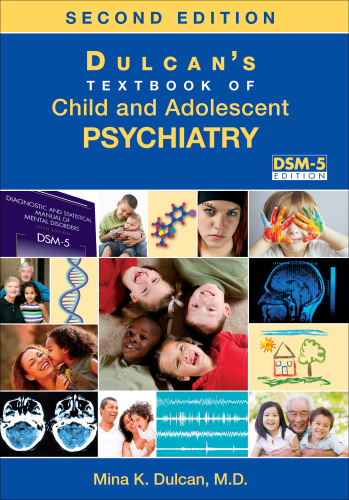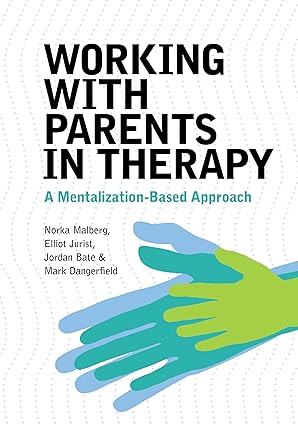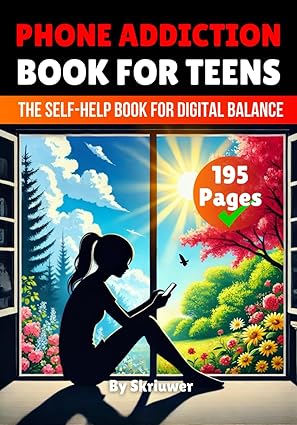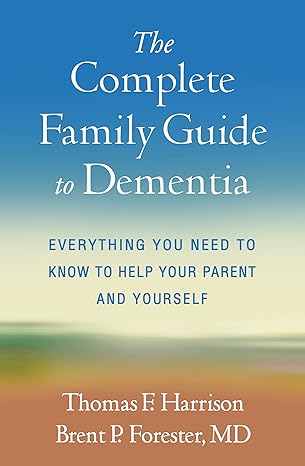Exploring the connections between cognitive science and psychoanalysis, the authors indicate that a potentially fruitful relationship can exist between the two fields. The book examines this relationship, concluding that psychoanalysis can contribute to a science of the mind when it flows into a more effective science and technology such as cognitive science.
As viewed by the authors, cognitive science is "a new, lively field, full of novel concepts and methods about the mind." This is sharply contrasted with their opinion of psychoanalysis as a discipline which must change and consider such important problems in the study of the mind such as fantasies and feelings.
Colby and Stoller do not specify how psychoanalysis must evolve, but they do make suggestions for future research. They believe that they are "exercising the prerogative of tribal elders, pass(ing) the task along to the next generation."
چکیده فارسی
نویسندگان با کاوش در ارتباط بین علوم شناختی و روانکاوی نشان میدهند که یک رابطه بالقوه ثمربخش میتواند بین این دو زمینه وجود داشته باشد. کتاب به بررسی این رابطه می پردازد و به این نتیجه می رسد که روانکاوی زمانی می تواند به علم ذهن کمک کند که به علم و فناوری مؤثرتری مانند علم شناختی سرازیر شود.
همانطور که توسط نویسندگان مشاهده می شود، علوم شناختی "یک زمینه جدید، پر جنب و جوش، پر از مفاهیم و روش های بدیع در مورد ذهن است." این به شدت با نظر آنها در مورد روانکاوی به عنوان رشته ای که باید تغییر کند و مشکلات مهمی را در مطالعه ذهن مانند خیالات و احساسات در نظر بگیرد، در تضاد است.
کولبی و استولر نحوه تکامل روانکاوی را مشخص نمی کنند، اما پیشنهاداتی برای تحقیقات آینده ارائه می کنند. آنها معتقدند که "از اختیارات بزرگان قبیله استفاده می کنند، این وظیفه را به نسل بعدی منتقل می کنند."
ادامه ...
بستن ...
ISBN-13: 978-1138970069
ISBN-10: 1138970069
ادامه ...
بستن ...
